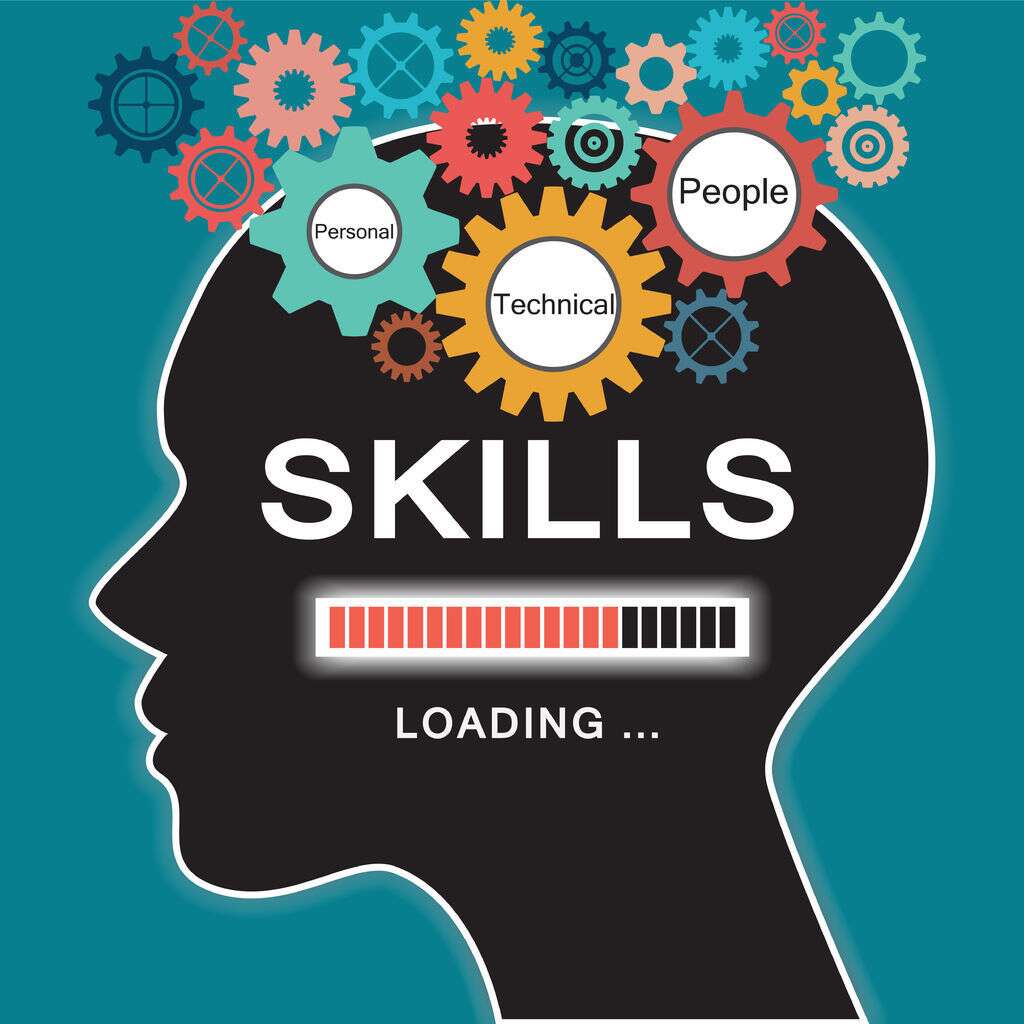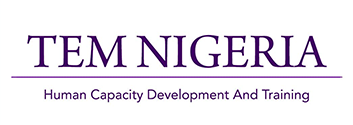
When striving to secure an optimal employment opportunity, it is imperative to possess a diverse set of skills that extend beyond a well-crafted resume and impressive qualifications. This necessitates a systematic approach that prioritizes a wide range of competencies relevant to the desired role and industry. Whether entering the workforce as a recent graduate or pursuing a career transition as an experienced professional, mastering the following four essential skills can significantly enhance the likelihood of success.
Communication Skills: Strong communication skills play a pivotal role in effectively conveying information and receiving appropriate feedback. This encompasses various forms of interaction, including verbal communication, written correspondence, and presentations. Effective communication is underpinned by four key elements:
- Written Communication: Conveying ideas and information proficiently through the written language.
- Verbal Communication: Articulating ideas and information using appropriate spoken language.
- Active Listening: Attentively comprehending and responding to the viewpoints of others.
- Nonverbal Communication: Conveying messages through body language, gestures, and facial expressions.
Interview Preparation: Comprehensive preparation for interviews involves researching the company, practicing responses to common interview questions, dressing appropriately, and preparing insightful questions for the interviewer.
Technical Skills: Pertaining to fundamental or job-specific skills relevant to the desired role. For instance, proficiency in JavaScript, computing, programming, CSS, and network configuration is crucial for those aspiring to work in the tech industry.
Soft Skills: Fundamental skills essential in any organizational setting, including problem-solving, time management, adaptability, and teamwork.
Industrial Knowledge: Understanding the operations of a company or business, including its key equipment, products, and services.
Emotional Intelligence Skills: Involves comprehending and managing emotions, encompassing self-awareness, motivation, social skills, and empathy.
Personal Branding: Defining and promoting one’s unique value, skills, and experience, including a strong online presence through platforms such as LinkedIn and personal websites.
Lifelong Learning: Embracing curiosity and continual self-improvement through ongoing educational advancement to remain relevant in a dynamic job market.
In conclusion, achieving one’s dream job requires a blend of soft skills, technical proficiency, and a positive mindset. By attaining proficiency in these critical skills and continually honing one’s abilities, individuals can position themselves as qualified candidates and make significant strides toward their career objectives. Success is not solely about securing a dream job but also excelling within it.

Leave a Reply